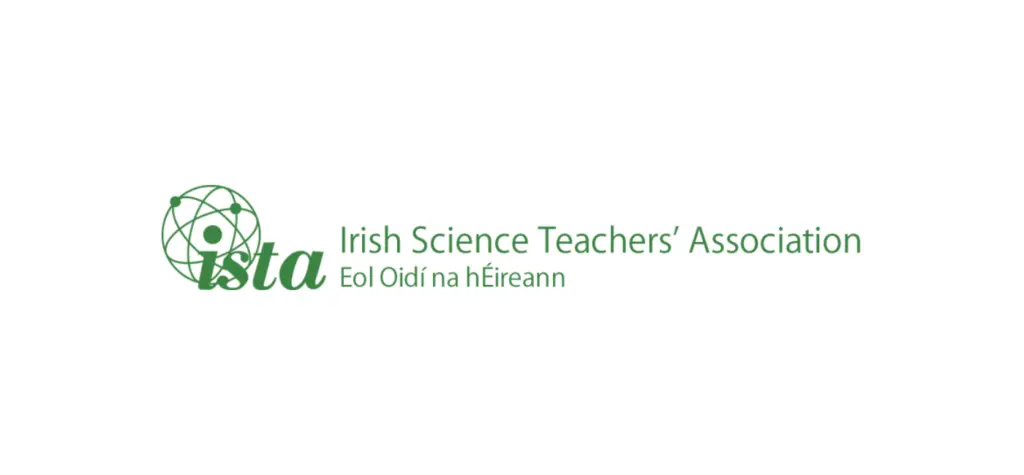New Study Highlights Issues with Practical Assessment in Scotland

A recently published study in Scotland reports on the issues that have arisen after reintroduction of the practical assessments for Advanced Higher chemistry after the Covid-19 response. The results of the study, which highlight issues around financing and resourcing these projects, have considerable implications for the introduction of the AAC for the Senior Cycle sciences in Irish schools from September and provides opportunities to learn from our near neighbours.
The study was carried out by researchers from the University of Strathclyde and is published in the journal Chemistry Teacher International. The full report is available here but here are some of the key findings :
Resource Availability and Financial Pressures
The study reveals significant resource constraints and financial pressures affecting Advanced Higher (AH) chemistry project work in Scottish secondary schools. 87% of teachers reported that budgetary constraints impacted project choice at least some of the time; 51% indicated this happened “very often” or “always”. 94% of teachers said resource availability affected project choice at least some of the time. This suggests that the availability of materials and equipment is a major factor in determining what projects students can undertake. 51% of teachers asked students to purchase materials for their projects and 36% of teachers spent their own money on project materials. This highlights a concerning trend where the financial burden of educational projects is being shifted to individuals
Equipment and Chemical Access
89% of classrooms had at least one set of basic laboratory equipment. This equipment is typically suitable for early school curriculum. 89% of teachers reported having at least some access to specialised equipment; however, shortages were noted in specific areas like quick-fit apparatus, TLC equipment, and colorimeters. 89% of respondents had access to basic chemicals for at least some project choices while 74% had access to some specialised chemicals. Only 19% reported having sufficient specialty chemicals for many project choices. Organic reagents, solvents, and specific analytes like aspirin or caffeine were commonly reported as shortage chemicals
Technical Support and Health & Safety
Technician support was viewed as critical for project success. The availability of technicians significantly influenced project selection and implementation. About one-third of teachers reported that health and safety concerns significantly impacted project delivery. This suggests that while important, health and safety considerations were not the primary constraint for most teachers.
Professional Development
Teachers made good use of available professional development resources and other forms of support. This indicates a willingness and effort to adapt and prepare for the reintroduction of AH projects despite the challenges faced.
*********
These findings underscore the significant challenges Scottish teachers face in implementing AH chemistry projects, particularly in terms of resource constraints and financial pressures. The reliance on personal finances (both teachers’ and students’) to fund educational projects raises concerns about equity and the sustainability of the current approach to practical chemistry education.
For context, the project component in the Scottish Advanced Higher chemistry programme is worth 20% of the overall grade, half that of the proposed AAC, and the vast majority of Scottish schools have access to a full time laboratory technician. The provision of laboratory space in Scottish schools is higher than their Irish equivalents. There is considerable support from third parties to students and teachers completing their projects.
There are many “red flags” within the report. It is deeply concerning to hear of students and teachers having to pay to fund their research projects and, as the report highlights, it widens the already significant social gap. There are significant budgetary and resource constraints evident, which need to be addressed in our schools before the introduction of the new assessment procedures. Coupled with the emergence of AI, it is clear that the AACs, as they are currently envisaged, will not provide a level playing field.
The ISTA is not against a non-examined component in the new Senior Cycle Science specifications. We see merit in allowing students freedom to explore the world of biology, chemistry and physics in a practical way. In saying that, schools must be resourced properly for these to be successful. I previously wrote to the Minister for Education conveying my disappointment at the lack of additional funding for schools for the introduction of the new science specifications and, in particular, the new Additional Assessment Components. I subsequently sent a letter to the Irish Times on the same issue. Sadly, in the current climate, the AACs are destined to fail. There is no funding provided, still no clarity on what they will entail, open to abuse through the use of generative AI and schools do not have the laboratory equipment, supports or space to complete them. If they are introduced without these items being addressed, meaningfully, they will sour the introduction of the new science specifications.
While I know we cannot delay the introduction of the new science specifications at this stage, the sensible course of action would be to postpone the introduction of the AACs until it is clear that schools can meet the financial, resourcing and equity challenges that they present. The Department of Education should survey all schools to ascertain their current science facilities and resources. Only when there are sufficient supports in place, and confidence that they can be introduced meaningfully and fairly in all schools, should the AACs be introduced.
Humphrey Jones, ISTA Chairperson
A copy of the report and my analysis of the results was sent to the Minister for Education, Norma Foley, and CEO of the NCCA, Arlene Forester.


